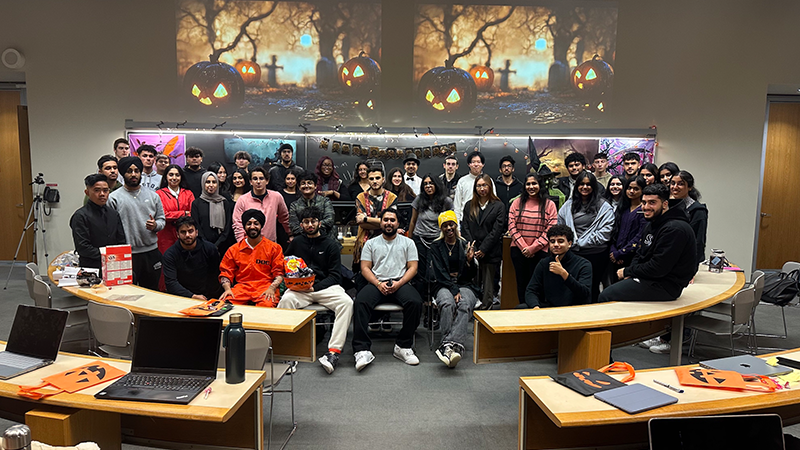 Citation: Why does it matter?
Citation: Why does it matter?
Citation is important because it properly credits the original author or creator’s work. It also provides a resource for those interested in researching the original source material. By failing to properly cite, you are falsely presenting someone else’s ideas as your own. This is plagiarism, regardless of whether you intended to do it or not.
Citation Styles
The most common citation styles used at Schulich are APA and MLA. Although they differ in style, the result is the same: it provides a clear path to the original source material used. The library provides a useful resource, which includes examples, for using APA and MLA. They also have information regarding citation management tools like Zotero and Mendeley.
Where can I learn more about academic integrity and citation?
Citation Workshop: Listen Now!
The Bronfman Library recently hosted a workshop on Stress-Free Citation and Integrity.
If you missed it:
You can access the slides from this link: Cite it Right with APA Zoom version – Fall 2020
You can access the recording from this link.
Academic Honesty Modules on Canvas
Did you know that Schulich created a brand new Academic Honesty module this year? The modules cover a variety of topics like Citation and Plagiarism, Group Work, Cheating, and Aiding and Abetting. If you’re interested in taking the modules, please email: academichonesty@schulich.yorku.ca.
Problems & #ProTips
My Problem |
My #ProTip |
|---|---|
| I don’t know which citation style to use. |
|
| I’m not sure if something needs a citation. |
|
| I provided proper in-text citations. Do I need a bibliography? |
|
| I’m unsure if something is properly paraphrased. |
|
| I consulted an unusual web source, like a blog post. |
|





Leave A Comment